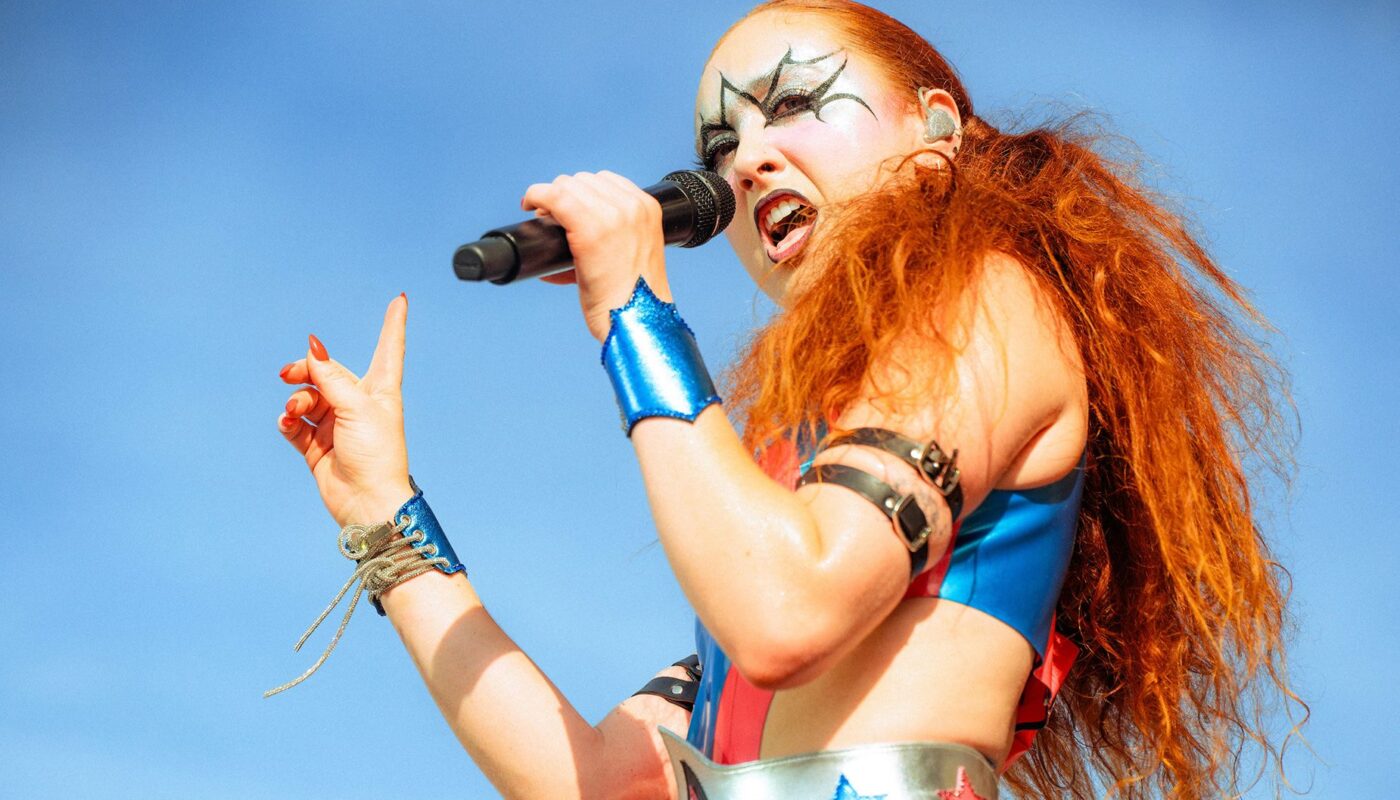Chappell Roan’s Lollapalooza set featured the biggest daytime crowd the festival had ever seen, rivaling the size of the headliners’ crowds.
The long-standing phenomenon of celebrity admiration, when teenagers find out everything about their favorite singer or actor and dream of the day they get to meet them, has evolved into more dangerous, boundary-pushing relationships.
These relationships are commonly known as parasocial relationships, which are defined as “relationships that a person imagines having with another person whom they do not actually know, such as a celebrity or a fictional character.”
Some fans take these relationships a step, or multiple, further by invasively studying a celebrity’s personal life, finding their whereabouts, stalking them and believing they have a chance to date them. This can put celebrities in danger. Even “harmless” acts, like asking pictures or autographs and nonconsensual hugging can make celebrities feel unsafe.
On Aug. 19, Chappell Roan, an up-and-coming pop star who took the summer by storm, posted a video on TikTok that gained over 14 million views, asking fans to think about whether they would come up to a random woman on the street they didn’t know and be upset if she declined to take a photo with them. She reminds fans that she does not know them, and they don’t know her.
In a second video, Roan acknowledges she is expected to kindly receive this behavior due to her new-found fame, but she denounces the idea that her time and privacy is at the hands of fans because of the career she has chosen.
Roan said, “I don’t care that this crazy type of behavior comes along with the job, the career field I’ve chosen. That does not make it okay, that does not make it normal. It doesn’t mean I want it, doesn’t mean that I like it.”
Following these posts, various social media influencers and creators bashed Roan for her statement, claiming she knew what she was getting into when she chose to make music. Many said this was a bad look for her, claiming she sounds “ungrateful.”
In a final Instagram statement, posted on Aug. 23, Roan said, “Please do not assume you know a lot about someone’s life, personality, and boundaries because you are familiar with them or their work online.”
Hayley Williams, lead singer of Paramore, praised Roan’s statement on her Instagram story. Williams said, “I’m really thankful Chappell is willing to address it in a real way, in real time. It’s brave and unfortunately necessary.”
Roan has been public about her desire to separate her life as her stage persona from her personal life since the beginning of her career, claiming that once people started stalking her and endangering her family, she would quit.
On July 17, during an episode of Drew Afualo’s “I MISS FROLICKING” podcast, Roan said, “People have started to be freaks, like follow me and know where my parents live, and where my sister works.” This is an example of the parasocial behavior she is hoping to eliminate through her various videos.
Roan is not the first, nor will she be the last, to stand against these parasocial relationships with fans. Michael Jackson frequently brought attention to the fan behavior he dealt with throughout his career, begging for fans to remember privacy and personal time is a right, even for celebrities.
In a 1997 interview with Barbara Walters, Jackson said, “There should be some boundaries. The star needs some space. Give him a chance to relax, give him some space, he’s human.”
Even in this interview, Walters pushed back against Jackson’s proclamation of his right to privacy. She said, “But you are somewhat eccentric, to say the least. The way you dress, the way you look, it invites attention…”
Roan and Jackson both made it clear that no matter how a celebrity dresses, acts or interacts with fans by their own accord, they are still deserving of privacy and autonomy on their terms.
Jackson shared a similar sentiment as Roan does in her Instagram statement, where she said, “Please stop touching me. Please stop being weird to my family and friends.”
The 2016 murder of singer Christina Grimmie is a tragic example of the dangers crazed fans pose. According to police, Grimmie’s murderer, who shot her multiple times at a meet-and-greet, showed an “unrealistic infatuation” with her.
Selena Quintanilla’s 1995 murder is another horrific example, where the president of her fan club fatally shot her following a dispute. Cases like these prove celebrities can never be too careful when setting important boundaries with fans.
Fans are encouraged to follow celebrities on social media, to go to concerts and express love toward celebrities. It becomes dangerous when fans begin to stalk celebrities, demand things from them and violate their boundaries.
Artists like Roan who speak out against the societal norms that put celebrities in danger are necessary to make change, keeping fellow celebrities safe.

